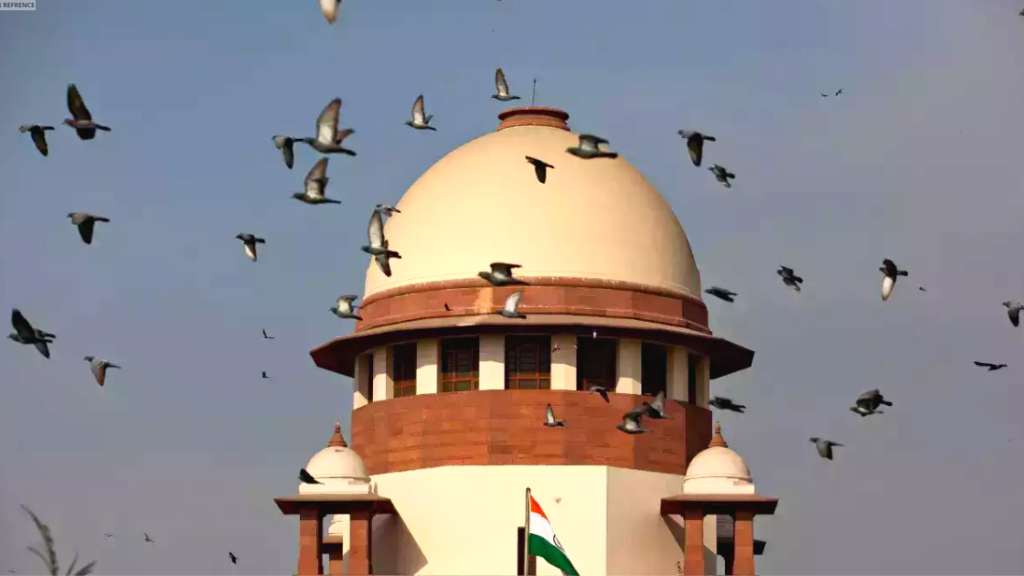
Maharashtra Remission Policy and the Gangrape Convicts of Bilkis Bano
Last Updated on January 9, 2024 by News Desk
Issue:
The Bilkis Bano Gangrape Convicts and Maharashtra Remission Policy of 2008.
Facts of the Case:
The Gujarat government’s decision to pardon eleven prisoners for the horrific gangrape of Bilkis Bano was overturned by the Supreme Court in a recent ruling. The government of Maharashtra, where the trial was held, is the proper body for assessing remission for these convicted individuals, the top court underscored. In particular, in situations of extreme violence against women, the 2008 remission policy plays a critical role in establishing their eligibility.
Arguments Presented by Parties:
Citing the existing remission program, the Gujarati government argued in favour of the prisoners’ early release. The State wherein the trial took place, in this case Maharashtra, shall choose whether to provide remission, the Supreme Court said. The prisoners requested their release by pleading for the Maharashtra remission policy to be applied.
Reasoning of the Judgment:
The Maharashtra government should have taken the Presiding Judge’s crucial opinion—who had found the individuals guilty—into consideration while determining the men’s remission, the Supreme Court stressed in paragraph 52.6 of its ruling. The court emphasised how crucial it is to follow the guidelines in the Government’s Resolution dated 11.04.2008, which specifies the relevant remission policy.
Judgement:
The Gujarat government’s judgement was overturned by the supreme court, which also ordered the Maharashtra government to reevaluate the guys’ appeal for remission. The Maharashtra remission policy, which deals with situations of extraordinary brutality in horrific crimes against women, would be relevant, the court stated. According to the 2008 resolution, a prisoner can only be considered for remission after serving a 28-year sentence. In light of this, the prisoners’ minimum 12-year sentence would be extended to 2036, the earliest possible date of parole.
Conclusion:
The verdict upholds the State’s jurisdiction to determine remission at the trial location. The Maharashtra government is responsible for evaluating the remission request in this instance in accordance with its 2008 policy. Although the 1992 policy’s legal complexities add difficulty, the Supreme Court’s decision highlights the significance of the 2008 resolution by stating unequivocally that the prisoners must serve a substantial amount of time in prison before they are eligible for remission.
Policy: Bilkis Bano case 2008 Maharashtra Policy
Written By: Nikita Shankar @nikitaashankar




